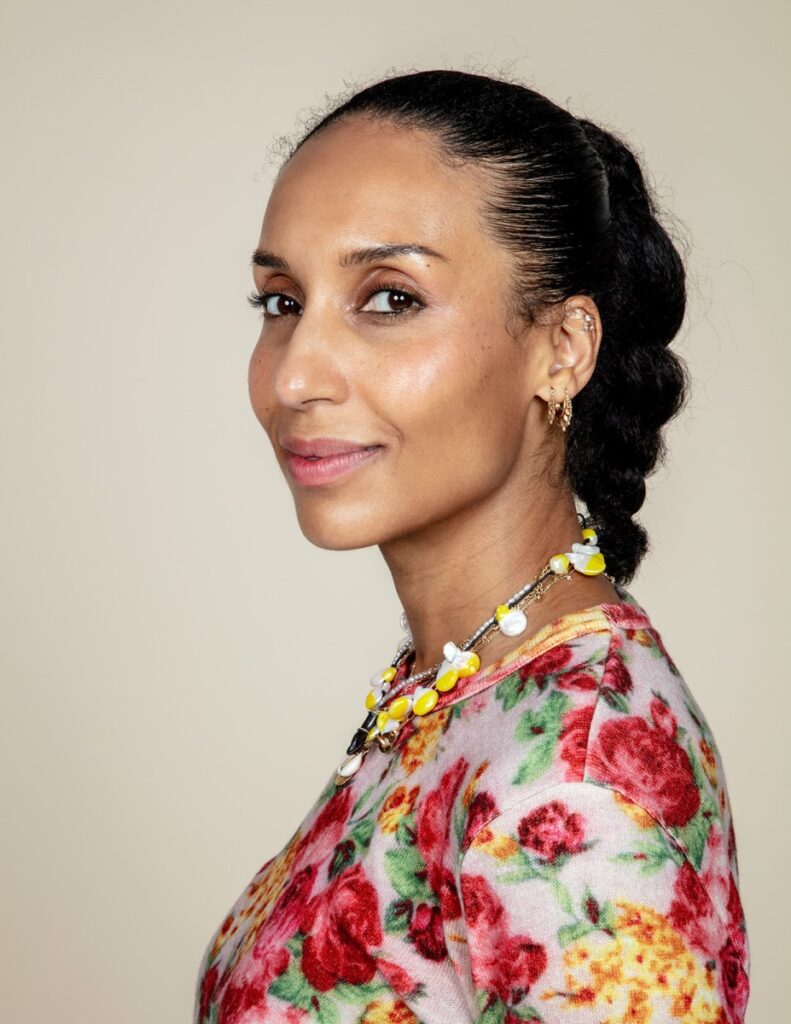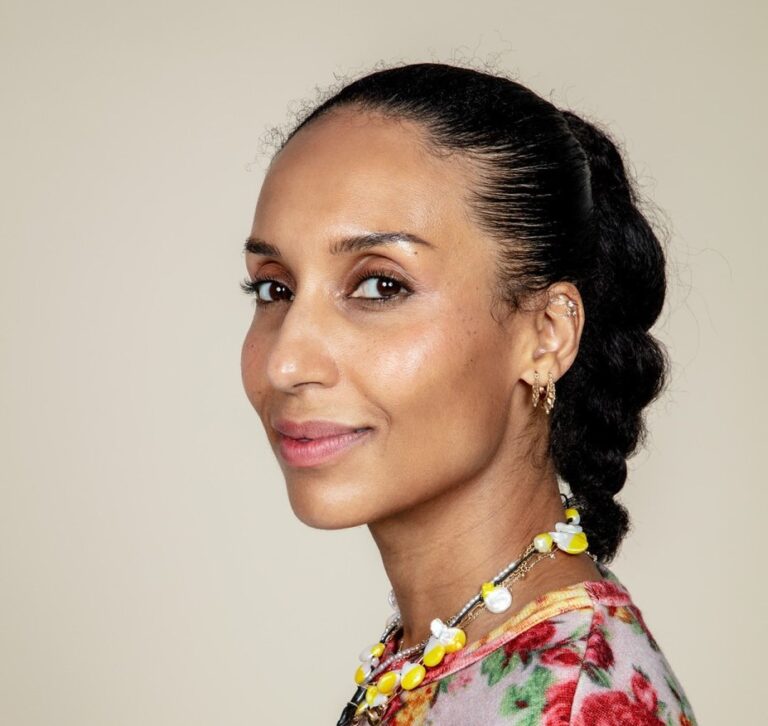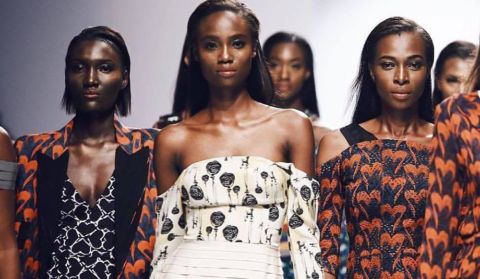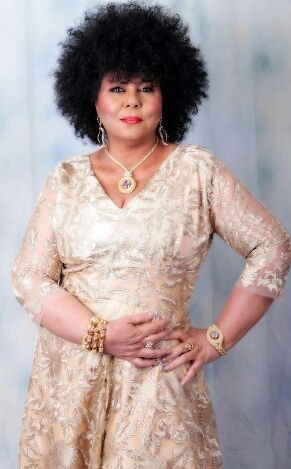Chioma Nnadi, a name synonymous with innovation and inclusivity in the world of fashion journalism, has achieved a groundbreaking milestone that reverberates far beyond the glossy pages of magazines and runways. She has etched her name in history as the first Black woman to assume the esteemed position of Editor-in-Chief at British Vogue. This monumental achievement is a watershed moment for an industry long criticized for its lack of diversity and a testament to the power of breaking barriers.
A Remarkable Trailblazer
Chioma Nnadi’s journey to the top echelons of fashion journalism is nothing short of inspiring. Born in Nigeria and raised in London, she developed a deep passion for storytelling and fashion at a young age. Her educational background in English Literature and Theatre set the stage for a career that would blend her love for words and style.
Before making history at British Vogue, Nnadi’s impressive career included editorial roles at publications like The Fader and Interview Magazine, where she honed her craft and gained valuable insights into the world of fashion and culture. Her knack for spotting emerging talents and her commitment to showcasing diverse narratives quickly made her a respected figure in the industry.

Championing Diversity and Authenticity
One of the standout qualities that Chioma Nnadi brings to her role as Editor-in-Chief is her unwavering dedication to diversity and authenticity in fashion. She has been a vocal advocate for increased representation of Black voices and faces within the industry. Her editorials have consistently pushed boundaries, challenging traditional beauty norms and celebrating the beauty of individuality.
Under Nnadi’s leadership, British Vogue is poised to continue its journey toward greater inclusivity. Her vision for the publication includes creating a platform where a multitude of voices can be heard, and where fashion reflects the rich tapestry of cultures and identities that make up our global community.
Breaking Stereotypes and Inspiring Change
Chioma Nnadi’s historic appointment at British Vogue serves as a powerful reminder that representation matters. It challenges stereotypes and opens doors for aspiring Black journalists, writers, and creatives who previously may not have seen themselves at the pinnacle of the fashion world.
As the first Black woman to lead British Vogue, Nnadi is not only breaking barriers but also inspiring change within an industry that has often been criticized for its lack of diversity. Her journey exemplifies the importance of perseverance, passion, and a commitment to effecting positive change.
A New Era for British Vogue
As Chioma Nnadi embarks on her journey as Editor-in-Chief of British Vogue, it heralds a new era for the iconic publication. Her leadership promises to usher in fresh perspectives, celebrate diverse voices, and challenge the status quo. Her remarkable achievement is a testament to the progress being made in the fashion industry and a beacon of hope for a more inclusive and representative future.
In celebrating Chioma Nnadi’s historic appointment, we acknowledge not only her individual accomplishments but also the collective strides being made toward a more inclusive and equitable fashion industry. She paves the way for others to follow their dreams and shatter ceilings, proving that with talent, determination, and a commitment to diversity, there are no limits to what one can achieve. Chioma Nnadi’s name is now etched in the annals of fashion history, and her legacy is bound to be as influential as it is inspiring.






